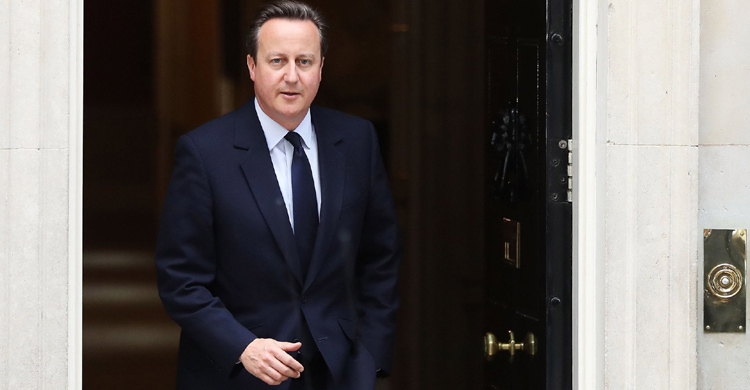Cameron to face EU leaders over Brexit

David Cameron is to meet European Union leaders for the first time since the UK voted to leave.
The UK prime minister will discuss the implications of the Brexit vote and the way ahead at an EU summit in Brussels, reports BBC.
German, French and Italian leaders said on Monday there could be no ‘formal or informal’ talks on a British exit at this stage.
Meanwhile, Chancellor George Osborne has ruled himself out of replacing Cameron as prime minister.
He said in the Times that ‘it isn’t in my nature to do things by half-measure, and I fought the referendum campaign with everything I’ve got. I believed in this cause and fought hard for it.
‘So it is clear that while I completely accept the result, I am not the person to provide the unity my party needs at this time.’
And Health Secretary Jeremy Hunt has said the UK must remain within the EU’s single market.
Hunt, who is said to be considering standing for the leadership after Cameron stands down, has floated the idea of a ‘Norway plus’ arrangement outside the EU where the UK would enjoy the current trade benefits of being a full EU member while negotiating revised immigration rules.
In other developments on Tuesday, Labour MPs will vote on a motion of no confidence in their leader Jeremy Corbyn - who has insisted he is staying put - while Scottish First Minister Nicola Sturgeon will address MSPs over Brexit’s implications for Scotland’s future.
As Europe tries to come to terms with Britain’s decision to leave, Cameron will attend a working dinner of EU leaders after meetings with European Council President Donald Tusk and European Commission President Jean-Claude Juncker.
Cameron is standing down after last week’s referendum went against him. The prime minister campaigned for the UK to remain a member but has insisted that the result must be accepted.
Speaking on Monday, he said a special unit within government was being set up to lay the initial groundwork for leaving the EU.
‘Swift and coherent’
However, he has said that it must be up to his successor - who will be elected by the start of September - to decide how to proceed and precisely when to give formal notification of the UK’s intention to leave by invoking Article 50 of the Lisbon Treaty.
Under EU rules, once this happens, the UK would have two years to negotiate the terms of its divorce from the EU - unless the remaining 27 members unanimously agreed to extend the process.
It must also decide the shape of its future trading relationship with the EU.
German Chancellor Angela Merkel has said a new UK government must be given time to prepare itself but other EU leaders have said the process cannot be delayed indefinitely amid fears of ‘contagion’ for an organisation facing multiple economic and political challenges.
French President Francois Hollande and Prime Minister Matteo Renzi have emphasised the need to process the UK`s exit as quickly as possible and focus on the challenges facing the remaining 27 states such as fighting terrorism and strengthening the borders.
The European Parliament will also meet on Tuesday in emergency session to debate the fallout from the Brexit vote - including a non-binding motion urging the ‘immediate activation’ of Article 50.



